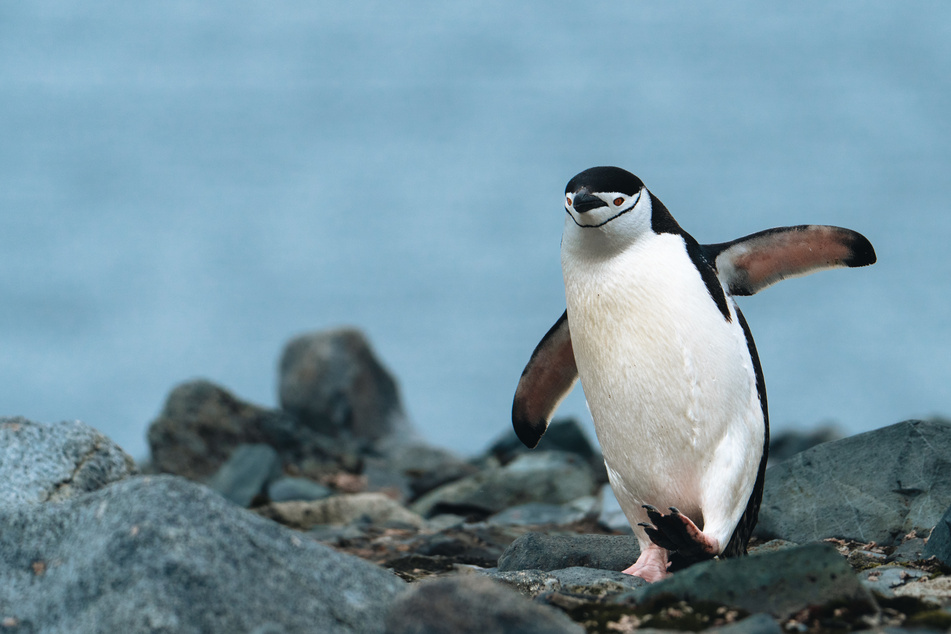Penguin napping mayhem! New study reveals over 10,000 daily snoozes
Washington DC - A new study finds that chinstrap penguins really know how to nap. These black and white animals snooze thousands of times per day!

In humans, nodding off for a few seconds is a clear sign of insufficient sleep — and can be dangerous in some situations, like when driving.
A new study published on Thursday finds chinstrap penguins sleep thousands of times per day, accumulating their daily requirement of more than 11 hours in short bursts averaging just four seconds.
The flightless birds might have evolved this trait because they have to be constantly vigilant, according to the authors of the paper in Science.
Researchers argued that the findings show, contrary to prior assumptions, that the benefits of sleep can accrue incrementally, at least in some species.
Vigilance keeps the penguins from long bouts of sleep

Chinstrap penguins, named for the thin black band of plumage that extends from ear to ear, may be the most abundant penguin species. When nesting, parent penguins are constantly on guard.
They have to protect their eggs from predatory birds called skuas while their partners are away foraging. They also have to defend their nests from other penguins that might try to steal nest material. Once their partner returns, the couple switches roles.
A team led by Paul-Antoine Libourel of Lyon Neuroscience Research Centre implanted electrodes in 14 birds at a colony on King George Island in December 2019.
They recorded electrical activity in the brain and neck muscles, and they used accelerometers and GPS to study body movement and location.
Combined with video recordings and direct observation, they were able to identify multiple peculiarities.
Penguins rely on micronaps throughout the day

The penguins slept while standing or while lying to incubate their eggs. Their average nap was 3.91 seconds long. In total, they slept more than 10,000 times a day.
Penguins on the periphery of the colony got longer and deeper bouts of sleep than those in the center. Scientists attributed this to the excess noise and physical bumping that occurs in the middle of a colony, and or heightened risk of nest material theft.
Although the scientists did not directly measure if the birds got the restorative benefits of sleep, their successful breeding led them to believe this was the case. They think the moments of neuronal silence provided the animals with windows for rest and recovery.
In humans, however, conditions that fragment sleep, such as sleep apnea, have impacts on cognitive function and might even precipitate neurodegenerative diseases, such as Alzheimer's.
"Thus, what is abnormal in humans could be perfectly normal in birds or other animals, at least under certain conditions," wrote scientists Christian Harding and Vladyslav Vyazovskiy in a related commentary.
Cover photo: EITAN ABRAMOVICH / AFP

